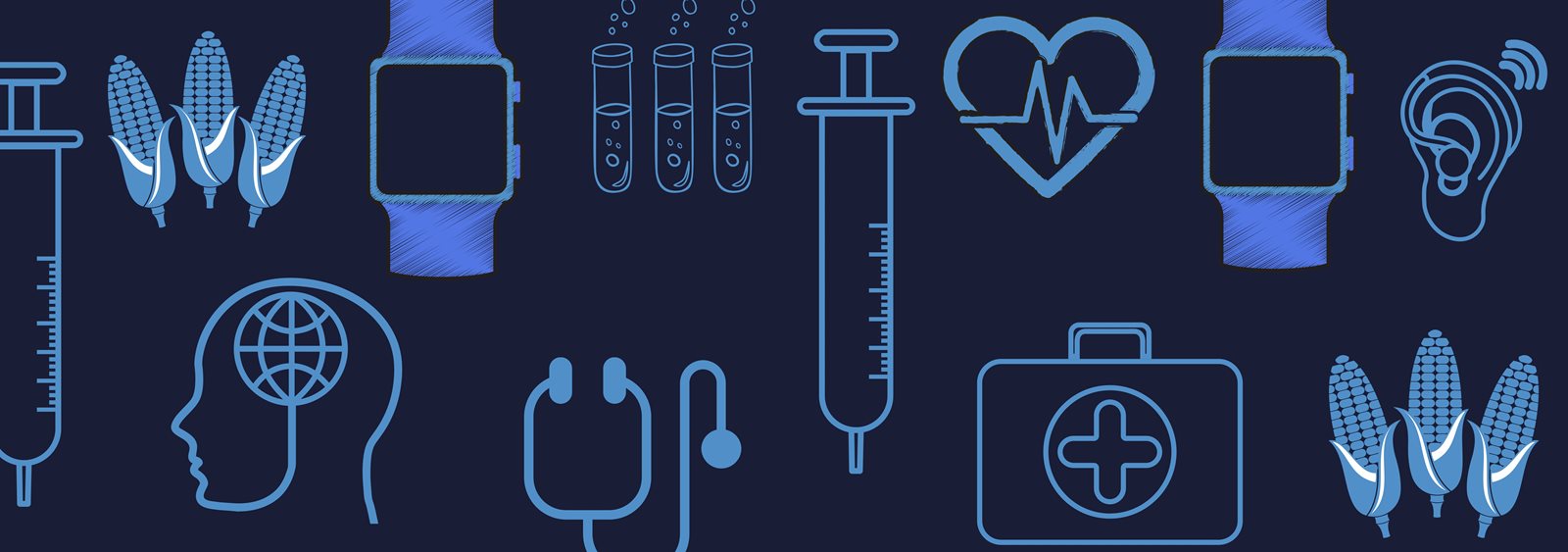
By N.L. Sweeney
Every year, new technologies and innovative applications of existing technologies make the news. Computers are faster and smarter. Digital imaging is sharper. Inter-network connections are more robust and complex.
Faculty research is just as critical to our ever-evolving world.
At the University of Washington Bothell, for example, faculty are using biotechnology to further our understanding of our own health. Their work is the focus for this winter’s Campus Research Connections: Advancing Human Health through Biotechnology.
Organized by UW Bothell’s Office of Research, the event will feature five faculty from the School of STEM whose research is driving forward new developments in this growing field.
The CRC will take place at North Creek Events Center on Feb. 6, starting at 6 p.m.
Reaching across divisions
“It’s an exciting time to be in this industry,” said Thelma Madzima, an assistant professor in the Division of Biological Sciences who will be presenting at the event. “This technology is bringing together so many different fields of study, and each of them plays a pivotal role in broadening our understanding of ourselves.”
According to another presenter, Salwa Al-Noori, a lecturer in the Division of Biological Sciences, this kind of cross-disciplinary approach is essential for understanding human health. “Health is a systemic issue with connections to physics, analytics, statistics, biology and so many other fields,” she said. “Our research should reflect that.”
Al-Noori’s research looks at the structure-function relationship of the mammalian heart. Her work, advanced by student inquiry, uses computer modeling, physics and biology to better understand the complexities of this relationship.
“Without this collaboration, our research would not be nearly as successful,” said Al-Noori.
Madzima explores biotechnology through the field of epigenetics, or changes to genes that occur during an organism’s lifetime and that can be passed on to future generations. Her study of “epigenetic memory” uses plants as the subjects, and she is hopeful that the research can be used in agriculture. “We have students looking at DNA structures, working in the greenhouse and studying data analytics,” she said.
The other speakers at the February CRC include Pierre Mourad, a professor in the Division of Engineering & Mathematics whose research looks into the effects of ultrasound on the brain; Geetha Thamilarasu, an assistant professor in the Division of Computing & Software Systems who studies security concerns in health care; and Kaibao Nie, a lecturer in Engineering & Mathematics who is looking into smart sound processing and its application for hearing aid devices.
Fostering connections
As its name suggests, Campus Research Connections is about making connections. The event is open to the public, so members of the community can interact directly with the presenters and learn more about their work.
Students also have the chance to find out how they can be part of ongoing faculty research. Information will also be made available regarding Research Experiences for Undergraduates, a program funded by the National Science Foundation that connects students with research opportunities across the nation.
“As a rapidly emerging discipline of science, biotechnology is an exciting field for both our community and our students,” said Madzima. “The CRC represents a golden opportunity to stay informed and get involved.”



